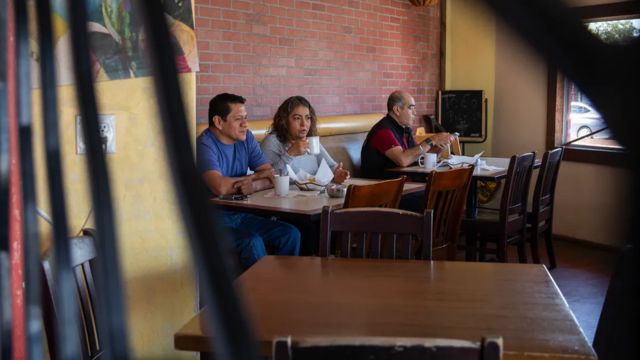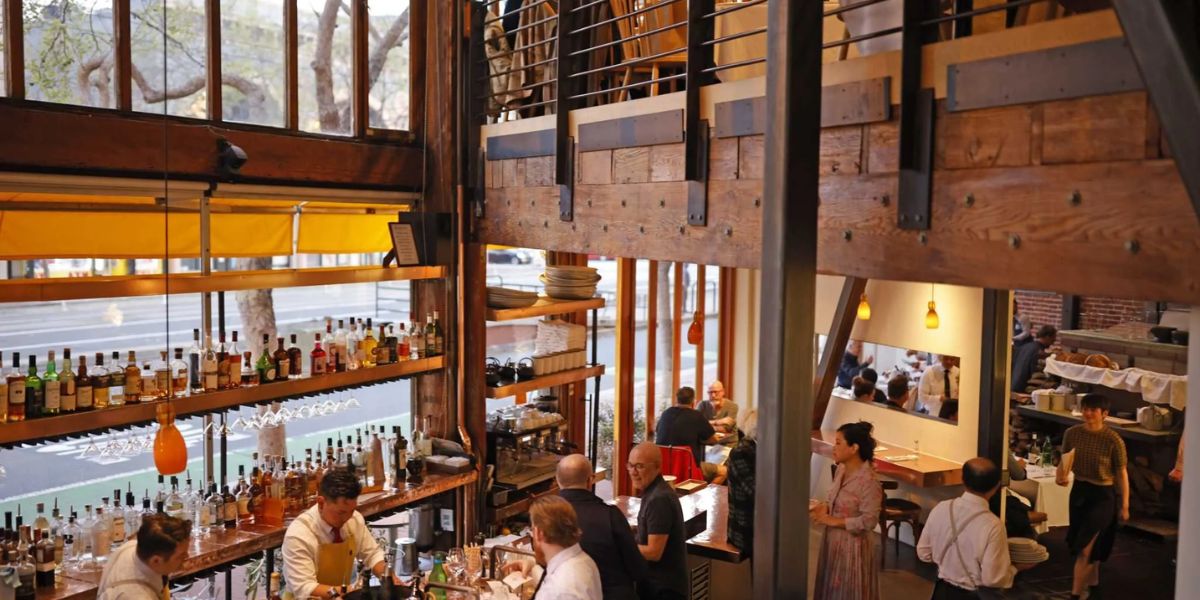Sacramento, California —
On July 1, a new law intended to outlaw junk fees in California is scheduled to take effect. However, an impromptu “urgency measure” that’s been circulating in the Legislature might permit restaurant surcharges to stay in place.
Last year, Governor Gavin Newsom signed Senate Bill 478 into law, prohibiting companies of all stripes from tack on extra fees at the conclusion of a deal.
The California Restaurant Association is among the organizations that are opposed to the legislation that State Senator Bill Dod (D-Napa) introduced.
In response to inquiries from California’s food and beverage industry regarding the measure’s applicability to restaurant fees, Dodd introduced a new bill earlier this month with the goal of clarifying the existing legislation.

Image: Calmatters
According to SB 1524, dining establishments would have to explicitly state on their menus that any mandatory gratuity, service charge, or other fee is required and cannot be added on the bill at the beginning.
According to Dodd, the goal of the legislation was to strengthen restaurant patron protection.
SEE MORE –
California’s 1 July Laws: Drug Test Kits Now Available in Bars
“Restaurant customers shouldn’t be surprised when they get their checks by a slew of extra charges they were not expecting,” said Senator Dodd. “This proposal will level the playing field for all restaurants and address confusion and disagreement about what is permissible under state law.”
The primary co-author of the bill, state senator Scott Wiener (D-San Francisco), claimed that the bill clarified portions of the current junk fee law that threatened the state’s restaurant industry’s ability to make ends meet.
“Restaurants are vital to the fabric of life in California, and they should be able to cover costs as long as they do so transparently,” Wiener explained. “The bill strikes the right balance between supporting restaurants and delivering transparency for consumers.”
The bill has been progressing through the Assembly committee process, according to a representative for Dodd’s office on Tuesday.
Dodd’s office said it might be adopted in the upcoming month.
The measure is subject to an urgency statute, which means that it would take immediate effect if approved by the state legislature and signed by the governor.
